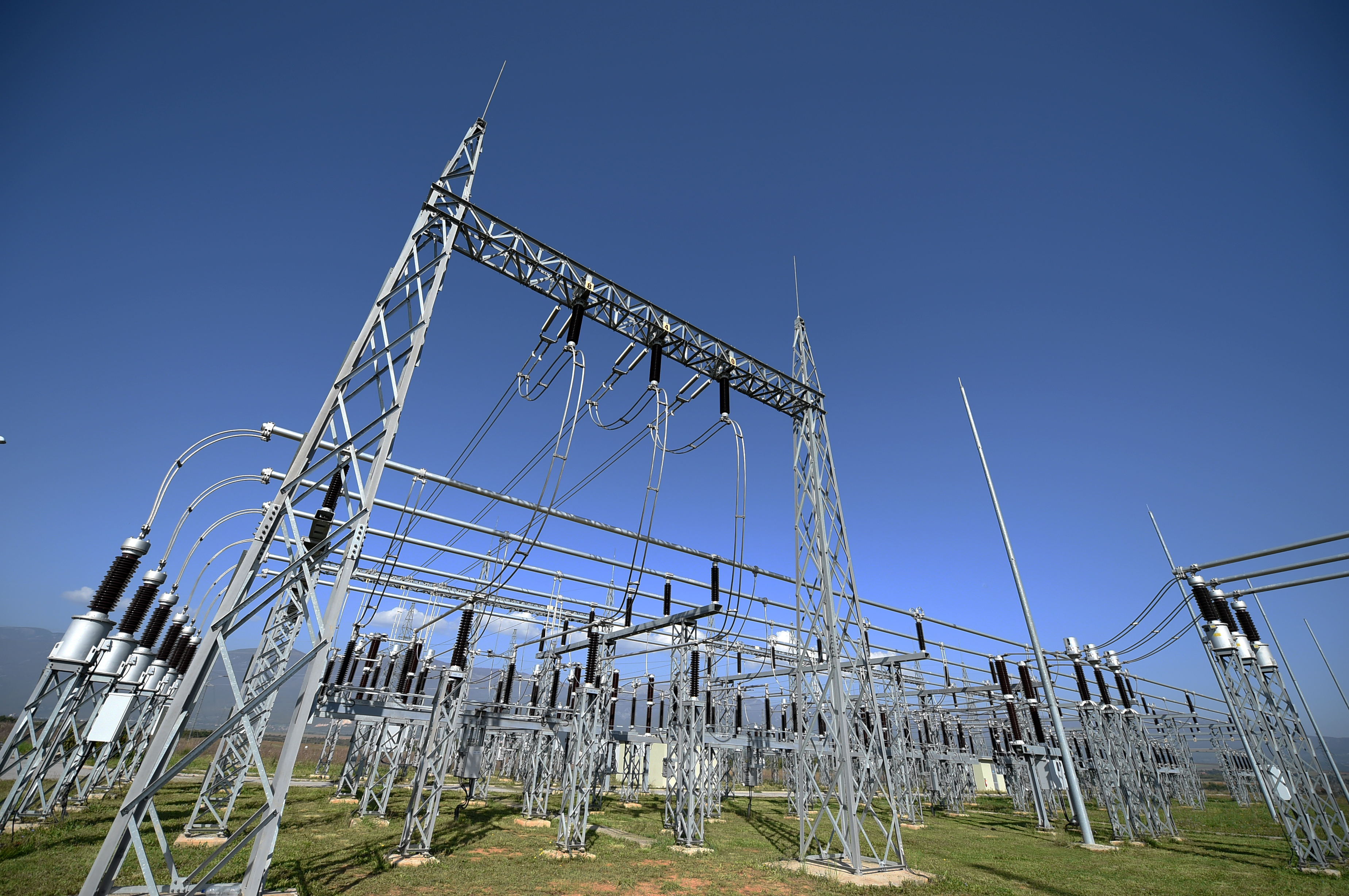
In this interview, we sat down with Alexander Filippov, Team Leader for the EU-funded Capacity Building for Renewable Energy and Energy Efficiency project in Zambia, implemented by DT, to get his insights on the energy situation in Zambia and project. This project supports the efforts of the Government of Zambia in increasing access to clean, reliable, and affordable energy while also contributing towards the production of renewable energy.
More than 85% of electricity generation in Zambia is based on large hydro. Apart from hydro, the country has significant and diverse renewable energy (RE) resources—solar, biomass, wind, and geothermal. Power is generated by a state-owned utility ZESCO and independent power producers, who supply electricity to the grid or generate energy for their own consumption. Due to robust GDP growth and other demographic and socio-economic factors, Zambia’s electricity demand has been rising by more than 6% (or 150-200MW) per year for the past decade. Electricity demand in Zambia outweighs supply especially during peak hours. The major demand contributors are the mining, manufacturing, agriculture, and residential sectors. On average, access to electricity is 31.4% nation-wide. Access in urban areas is 67.3%, while only 4.4% of the rural population is connected to the national grid. Off-grid electrification access is 7.4%. The increasing frequency of droughts has caused major challenges with electricity supply. In 2015-2016, for instance, and in 2019, the nation was overwhelmed with daily 8-12 hours of load-shedding (intentional power shutdowns to prevent whole system failure). Lack of access combined with the population growth contribute to growing deforestation for charcoal production, which contributes to environmental and health problems. Diversification of electricity generation sources and accelerating off-grid electrification are among the energy sector priorities.
The list of challenges facing electricity access is long and ranges from inefficiencies at the operational level to institutional arrangements and policy issues, as well as environmental and economy factors. To list a few: 1) Limited investment into electricity infrastructure, largely attributed to associated risks; 2) Affordability issues due to high connection fees and low income especially in rural areas; 3) Continued reliance on hydro as the major generation source; 4) Cumbersome licensing process for IPPs and off-grid developers – it can take up to two years to obtain a generation license; 5) Non-cost reflective electricity tariffs; 6) High cost of rural electrification; 7) Inadequate human and institutional capacity for project preparation and implementation; and 8) Low awareness of modern renewable energy and energy efficiency technologies.
The project team is developing policies, strategies, and regulations that support scaling up of RE generation and energy efficiency penetration. The examples include the revision of the national energy policy, development of RE and energy efficiency strategies and action plans, optimization of licensing and administrative procedures for RE independent power producers and mini-grid developers, and a variety of other RE and energy efficiency actions. This is accompanied by broad capacity building initiatives ranging from daily on-the-job mentoring to customized trainings. The additional comprehensive capacity building program will enhance project planning capacity of the Rural Electrification Authority, promote job creation through focused internships, support development of vocational education curricula, increase capacity of NGOs and local civil society organizations to grow awareness in RE and energy efficiency.

The revised National Energy Policy 2019, facilitated by the program, promotes cost reflective tariffs, scaling up clean energy technologies and energy efficiency, establishment of an open and non-discriminatory electricity transmission access regime, and increased access to energy services in urban and rural areas. Mini-grid regulations, already approved by the energy regulator, enabled implementation of solar and mini-hydro pilot projects supported by EUR 20 million grants from the EU, and set clear and light-handed rules for any off-grid RE technology developer. RE and energy efficiency technologies will be promoted through several nation-wide awareness campaigns.
The four-year project halfway through now. The most prominent results to date include the promulgation of the National Energy Policy 2019 and approval of the Mini-Grid Regulatory Framework that ensures security for the mini-grid investors and developers and provide protection for the consumers in the country. The development of RE and energy efficiency strategies and action plans are underway. The program is mainstreaming gender throughout the policies and regulations and is preparing a first Gender Strategy for the energy sector. Also, we helped the Ministry of Energy to prepare a sector-wide monitoring and evaluation plan and are already supporting its operationalization. The capacity building program has been rolled out for the remaining project years, and we are excited about the work of the next two years.